Quecreek Mine Rescue Site
The site where nine miners were trapped underground for over 77 hours in 2002.
On July 24, 2002, coal miners at the Quecreek Mine in Somerset County, Pennsylvania, inadvertently breached an abandoned mine. When the miners broke through to the older mine, it started a flood of an estimated 75 million gallons of water.
The flooded mine void of the Saxman Mine was at a higher elevation than the active Quecreek Mine. Originally opened as Quecreek No. 2 mine in 1913, it was purchased by Saxman Coal and Coke Company in 1925 and operated until 1963. The mine’s presence was poorly documented, so nearly 40 years later miners working nearby did not realize how close they were to danger.
The abandoned mine was located higher up on a slope than the Quecreek mine where 18 coal miners were working on July 24. Around 9 p.m., the miners found themselves 240 feet underground and in peril as the flooded mine was breached. As the face breakthrough flooded the entry, they used the mine’s phone system to notify those working in a nearby area. Nine of them managed to exit the mine around 9:45 p.m. But the flooding had progressed too quickly for the miners in the first panel area to evacuate. Despite two attempts to reach a shaft leading to the surface, the four-foot-high tunnels, spanning over 3,000 feet (910 m), were also flooded.
By 10:30 p.m., Pennsylvania State Police were stationed at the Quecreek mine site. Authorities were searching for a drill capable of boring a hole large enough to rescue the nine trapped miners. Luckily they didn’t have to look far—there was a suitable drill just a few hours away in Clarksburg, West Virginia. It was sent to Quecreek Mine with a police escort.
At 12:30 a.m. on July 28, a steel mesh escape capsule, with supplies, descended into Rescue Hole No. 1, reaching the void where the miners had been stranded for 77 hours. Foreman Randy Fogle was selected for the initial rescue due to recurring chest pains. He emerged on the surface around 1 a.m. By 2:45 a.m., all nine were safely on the surface.
During their final exits, the miners were immersed in cold water. None of them experienced decompression sickness, but their extremities appeared purple and mottled from immersion. All of the men made full recoveries, though at least one vowed never to mine again.
A memorial park was created at the field where the drilling rescue operations took place. Visitors can walk right up to the rescue shaft and see a seven-foot-tall bronze statue of a coal miner.

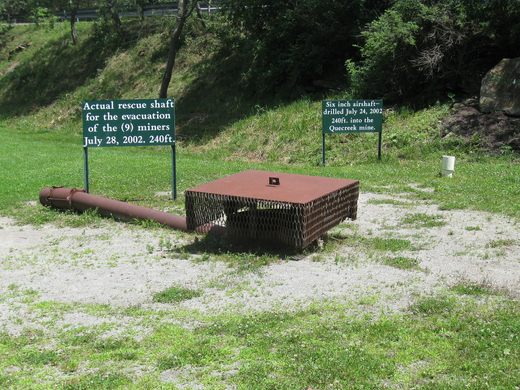
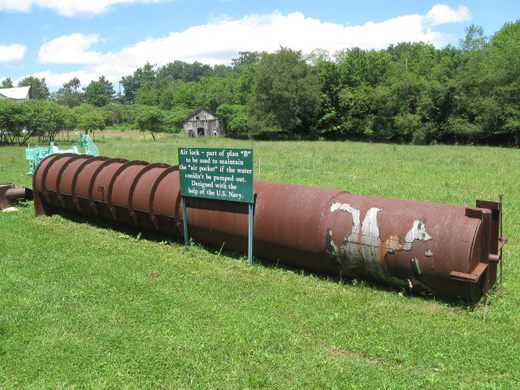


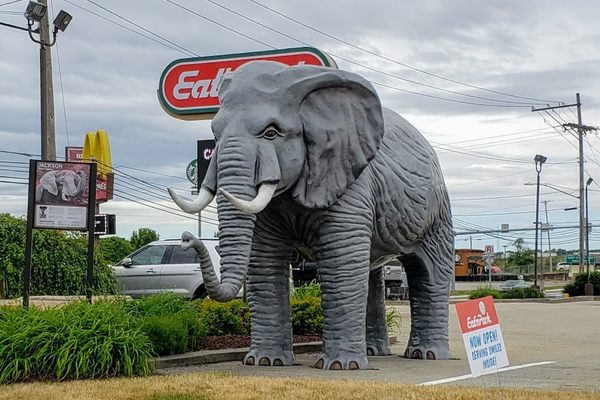
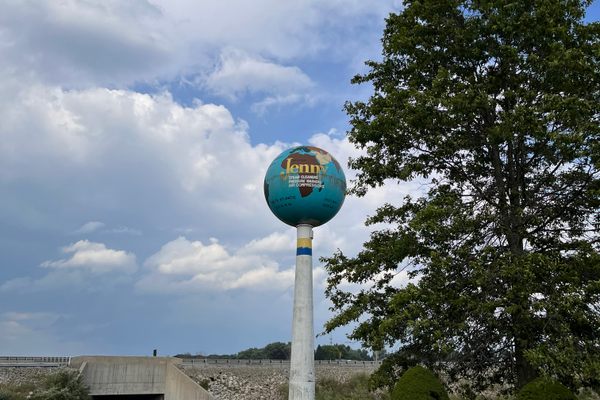
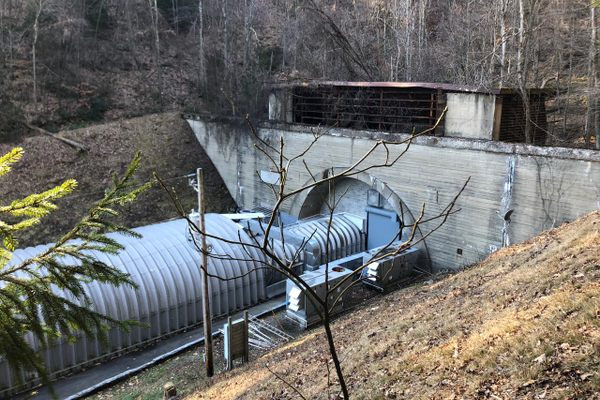






Follow us on Twitter to get the latest on the world's hidden wonders.
Like us on Facebook to get the latest on the world's hidden wonders.
Follow us on Twitter Like us on Facebook